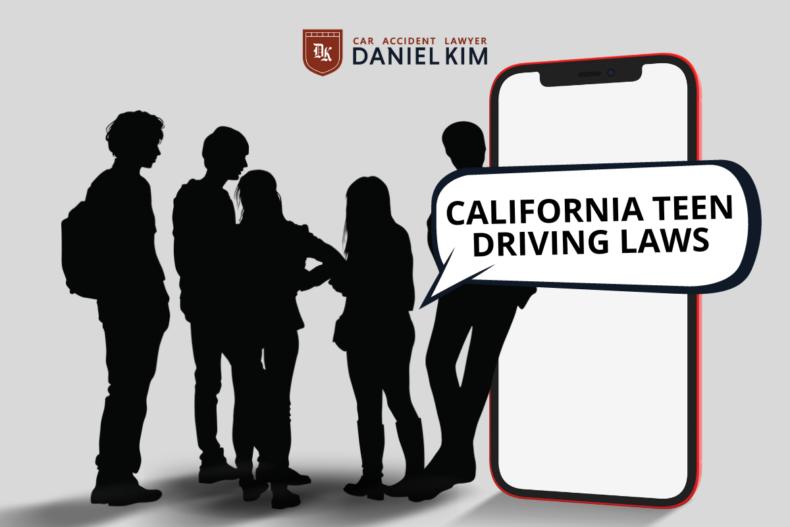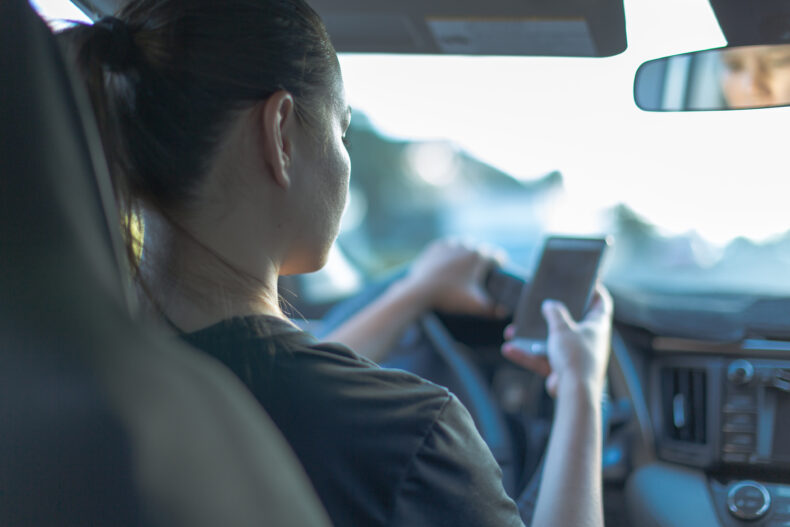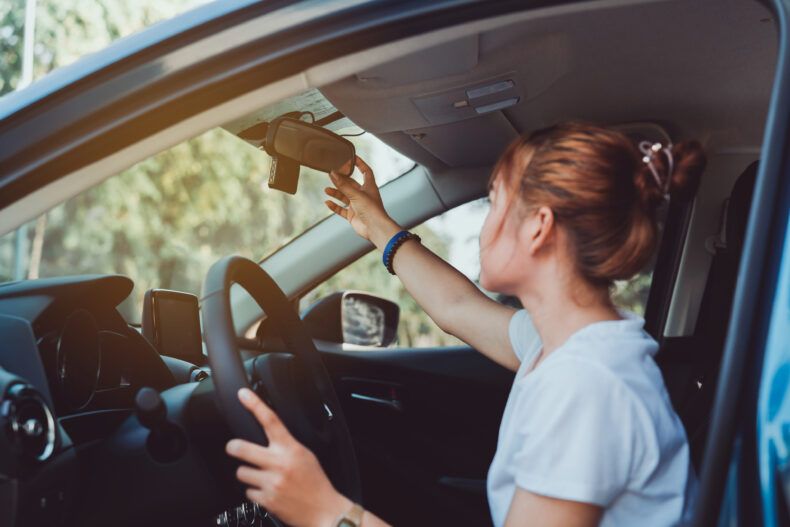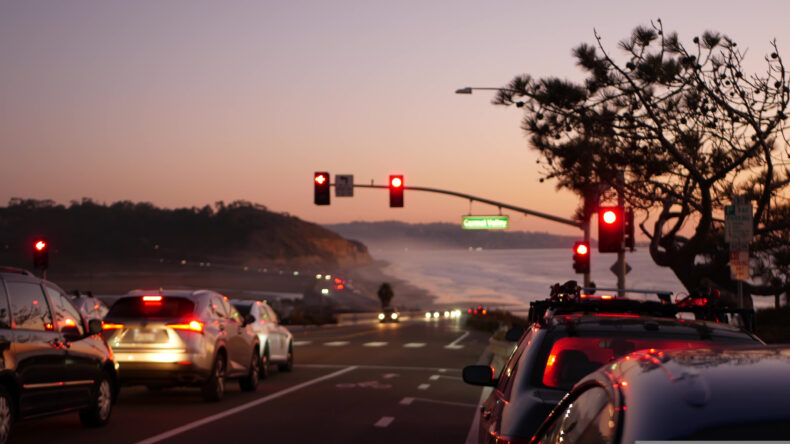California Teen Driving Laws
If you are a teen or a parent of a teen, you are probably thinking about learning how to drive. It is a crucial stage in becoming an adult and gaining freedom. However, both teens and family members must be aware of the laws surrounding underage drivers and what is necessary to obtain a California driver’s license.
California was one of the first states to implement a Graduated Driver Licensing (GDL) program, which grants full driving privileges in phases and in lower-risk settings. This program is used to keep teen drivers safe and prevent motor vehicle crashes, which is one of the leading causes of teenage death in the U.S. Young drivers are at a higher risk of suffering an injury or death due to their inexperience, drinking and driving, and high speeds.
Here is what to know about California teen driving laws:
Learner’s Permit
The first step in obtaining a driver’s license is a learner’s permit, also known as an instruction permit. California drivers must be at least 15 ½ years old but under 18 to apply for a driver’s permit. To obtain a learner’s permit, a teen driver must:
- Complete a driver’s license or ID card application
- Have a parent or legal guardian sign the application
- Provide the California DMV with identification and residency documents
- Submit proof of completion of the driving education program on the DMV website
- Visit the DMV to take a vision exam, a knowledge exam, a fingerprint scan, and a photograph
Keep in mind that a teen driver with a learner’s permit cannot drive alone. They must be accompanied by a licensed driver 25 years old or older in the passenger seat.
Provisional License
Once teen drivers turn 16 and have held a learner’s permit for at least six months, they can apply for a provisional license in California. This license allows them to drive without supervision for the first year but with certain restrictions.
Full Driver’s License
To obtain a full driver’s license, teen drivers must be between 16 and 18 years old and have held a provisional instruction permit for at least six months. They must have completed driver education and six hours of professional driving practice. They must also complete at least 50 hours of supervised driving, including at least 10 hours at night, with a California-licensed driver 25 years or older.
The driving test consists of two parts: a pre-drive safety check and a driving performance evaluation (DPE). The safety check ensures the vehicle meets the minimum DMV safety standards and that the teen is familiar with the operation of the vehicle. The driving performance evaluation assesses driving skills and ability to follow traffic laws and safe driving practices.
Restrictions for Teen Drivers
Cell Phone Use
Under California law, teens cannot use a cell phone or any other wireless electronic communication device while driving, even with a hands-free device, unless it is for calling emergency services. This prevents distractions and accidents that could endanger them and others on the road.
Passengers
For the first 12 months, teens with a provisional driver’s license cannot transport passengers under 20 years old unless a parent, guardian, or licensed driver over 25 years old is in the vehicle.
Curfew
For the first 12 months, teens cannot drive between 11 p.m. and 5 a.m. unless they have a valid reason and a signed note from a parent or guardian. This is to limit exposure to dangerous driving situations and impaired drivers, which are more common at night.
DUI Laws
Driving with any amount of alcohol in your blood is illegal for anyone under 21 in California. The legal limit for a teen driver under 21 is 0.01% BAC, and the penalties include a one-year license suspension, fines, and mandatory education programs.
Penalties
There are penalties for violating these restrictions. If a teen driver accumulates two or more points in one year, they will face an immediate 30-day restriction on their license. If a teen accumulates three or more points, they will receive a six-month suspension and one-year probation. Fines, community service, and other consequences can also result.
Penalties can also affect a teen’s insurance, as auto insurance companies will look at a teen’s record and determine whether they received any violations.
Exceptions
There are a few exceptions to these restrictions as follows:
- Medical necessity: Requires a doctor’s note
- Family member necessity: Requires a note signed by a parent
- School necessity: Requires a note signed by the school principal or dean
- Employment necessity: Requires a note from the employer
An emancipated minor must show the DMV their California Insurance Proof Certificate along with emancipation court orders.
January is Teen Driving Awareness Month
January is Teen Driving Awareness Month, which aims to educate teens and their parents to prevent traffic crashes and fatalities.
According to the Centers for Disease Control and Prevention (C.D.C.), around eight teens ages 13 to 19 die every day from injuries sustained in motor vehicle accidents. A lack of experience and engaging in risky behaviors, such as speeding, makes teens more dangerous behind the wheel. Almost all of these accidents were preventable.
Here are essential tips on how to stay safe on the road and avoid accidents and traffic violations:
- Follow the speed limit
- Maintain a safe distance behind other motor vehicles
- Always wear a seatbelt
- Limit distractions in and out of the vehicle
- Enroll in a driver training program to gain confidence behind the wheel
- Understand California teen driving laws and local laws
- Teach your teen safe driving skills
Contact a San Diego Car Accident Lawyer
No parent should have to worry about their child being involved in a car accident. However, even the safest teen driver can get into an accident. For legal guidance, consult with a car accident lawyer. A lawyer can help you understand your legal rights and if you may be eligible to receive compensation from the driver who caused your accident.
Our San Diego car accident lawyer always offers a free consultation to get to know a client and evaluate their case. Call The Law Offices of Daniel Kim today to schedule your case evaluation.




